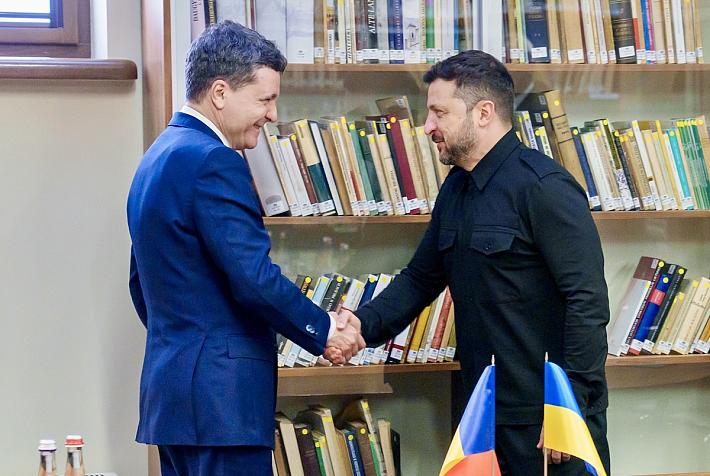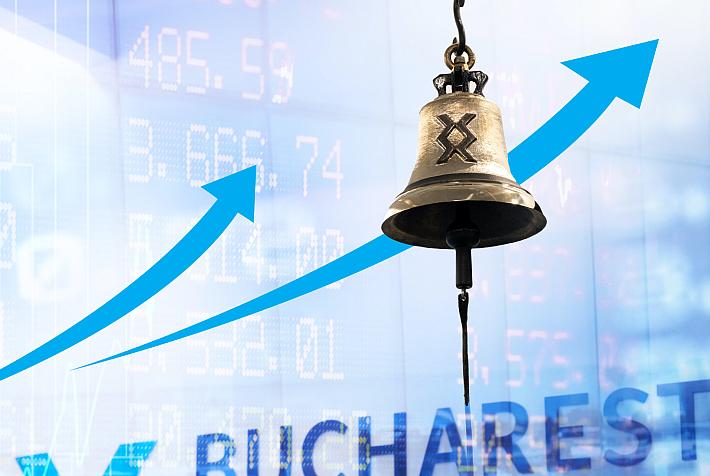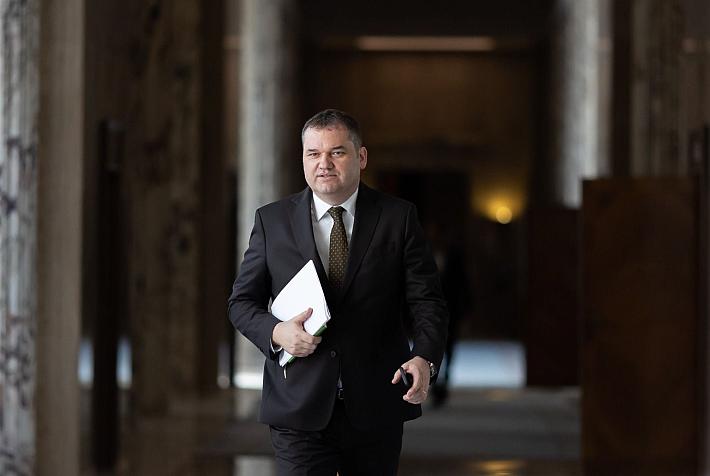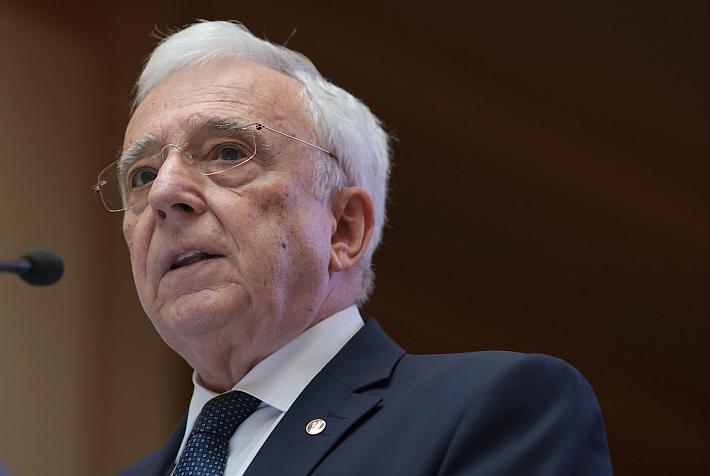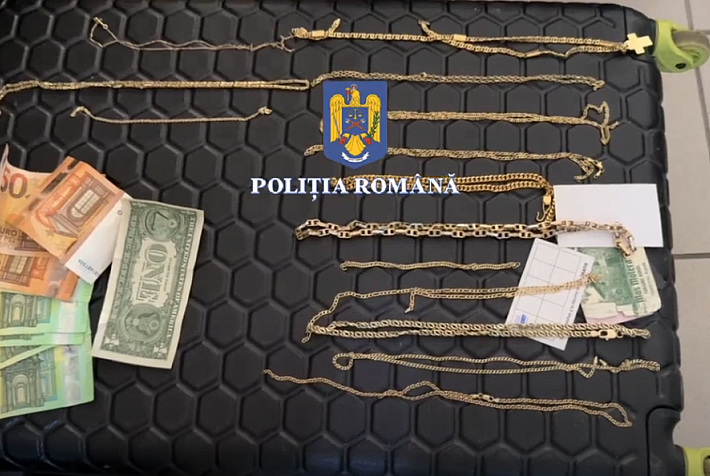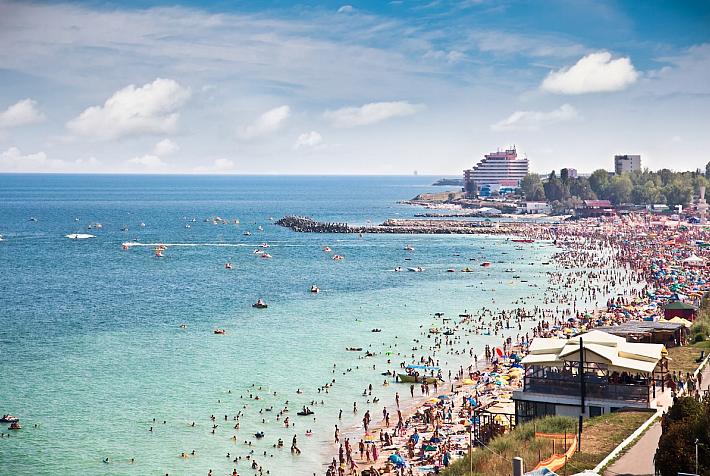Stronger dollar helps Romanian aluminum producer Alro turn to profit

Romania’s only aluminum producer Alro Slatina recorded an adjusted net profit of EUR 19.1 million in 2015 compared to adjusted losses of over EUR 30 million in 2014, as its turnover went up by 15% to EUR 517 million.
The company managed to compensate part of the decline in international aluminum prices by increasing the sales volumes, especially for higher value added products. However, its turnover increase was determined by the higher USD/RON exchange rate, as the company quotes its products in US dollars. The average USD/RON exchange rate was 19% higher in 2015 compared to 2014.
Alro’s bottom line was also positively impacted by the state’s decision to cap the big industrial energy consumers’ contributions to the renewable energy support scheme.
“The investments of over USD 550 million in the past 11 years helped us consolidate and expand the products portfolio, reduce the specific consumptions and the total costs. Also, the adjustment of the support scheme for the renewable energy has the role of eliminating the distortions our industry has faced, allowing us to compete fairly with other companies in this industry,” said Gheorghe Dobra, Alro’s CEO.
The high amount of green certificates Alro had to purchase in the previous years had contributed to the company’s losses in the past three years (2012-2014). Alro went on a loss in 2012 after it lost a very good contract with local power producer Hidroelectrica, which supplied it with cheaper electricity.
The negative evolution of aluminum prices didn’t help it either. “Last year, the international aluminum market continued to drop significantly, with major impact on the prices. If the minimum of 2014 was of USD 1,642 per ton, in 2015, the minimum was below USD 1,440 per ton, registered in November. In its turn, 2016 didn’t bring any recovery in the aluminum price either, the quotation staying below the level of USD 1,550 per ton,” according to Also’s preliminary financial report for 2015.
In order to be able to operate in a decreasing international market, Alro continued its investment programs to enhance the output of high added value products, as well as the operational efficiency and to decrease the energy dependence. The company also reduced the raw materials costs thanks to the scrap aluminum recycling facility. About 10% of the primary aluminum produced at Alro is from recycled scrap and requires 90% less energy to produce than electrolytic aluminum.
Alro also increased its primary aluminum production by 3% last year, to 271,000 tons. The company sold 145,000 tons of primary aluminum, 3.6% more than in 2014, and 79,000 tons of processed aluminum, up 1.3%.
Alro Slatina is part of Dutch group Vimetco, which is controlled by Russian investor Vitaliy Machitski. Vimetco holds 84% of Alro’s shares and local investment fund Fondul Proprietatea has a 10.2% stake.
Alro’s shares are trading on the Bucharest Stock Exchange under the ticker ALR. The company has a market capitalization of EUR 186 million (as of February 16, 2016). The shares are illiquid due to the low free-float.
Romanian aluminum producer Alro Slatina widens losses in 2014
Romanian aluminum producer borrows USD 137 mln to refinance loan
Romanian aluminum producer borrows USD 60 mln from regional bank
editor@romania-insider.com






